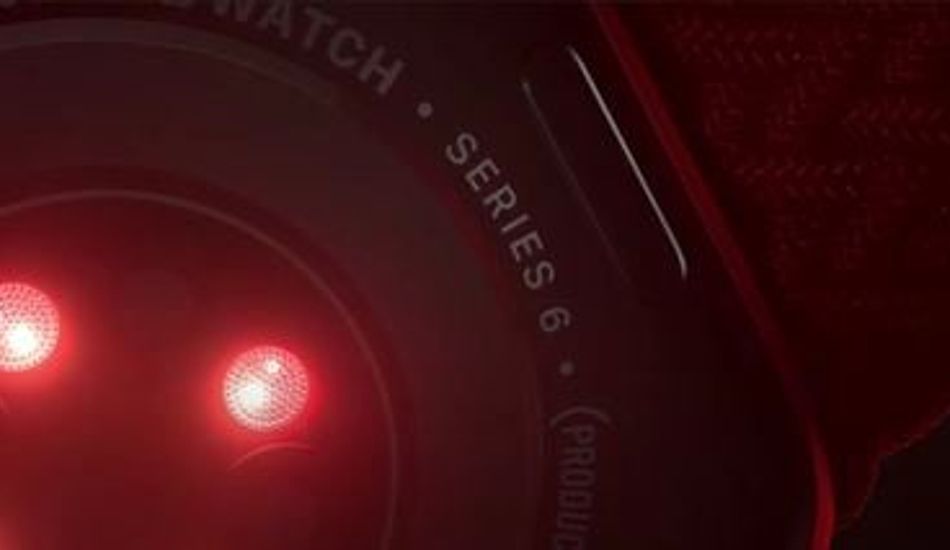
Apple Challenges Apple Watch Import Ban Over Blood Oxygen Tech
Apple is in a legal showdown, fighting an import ban on some Apple Watch models. The core issue? The blood oxygen monitoring feature. Apple's legal team recently presented their case to a U.S. federal appeals court, arguing that the ban, triggered by a patent dispute, is unwarranted. According to them, it all boils down to a competing product that wasn't even fully developed when the complaint was initially filed.
The tech giant is challenging a 2023 ruling by the U.S. International Trade Commission (ITC). This ruling led to the halt of imports for the Apple Watch Series 9 and Ultra 2. Masimo, a medical tech company, claimed Apple infringed on their patents related to pulse oximetry – that's the tech that measures blood oxygen levels without poking you with needles.
Apple's lawyers emphasized that, back in 2021 when Masimo first complained, Masimo didn't even have a competing product out. Masimo's smartwatch, the W1, which tracks blood oxygen, didn't hit the market until 2022. That's two years after Apple introduced the feature in the Apple Watch Series 6. Apple argues that Masimo's product wasn't ready when they complained, so trade restrictions shouldn't be based on "hypothetical" products. In my opinion, it seems unfair to penalize a company for innovating first, especially if the other company's product wasn't even ready for prime time.
Masimo's legal team fired back, accusing Apple of trying to "rewrite the law." They claim the ITC doesn't need to wait for a physical, commercialized product to exist before blocking imports. It's a classic David vs. Goliath scenario, with each side digging in their heels.
The ITC originally sided with Masimo in October 2023, stating Apple's blood oxygen tech infringed on Masimo's patents. As a result, they blocked imports of Apple Watch models with the feature. After a brief pause, the ban was reinstated in January 2024. To keep selling in the U.S., Apple disabled the blood oxygen sensor in new Series 9 and Ultra 2 models. However, it's important to note that international models still have the feature.
For now, the Federal Circuit is still considering the case. We should expect a ruling later this year. It's a complex situation with potential implications for future patent disputes and innovation in the tech world. It will be interesting to see how the court balances protecting intellectual property with encouraging technological advancement. If I were a betting man, I'd say the outcome will likely set a precedent for similar cases down the road.
Source: Mac Rumors